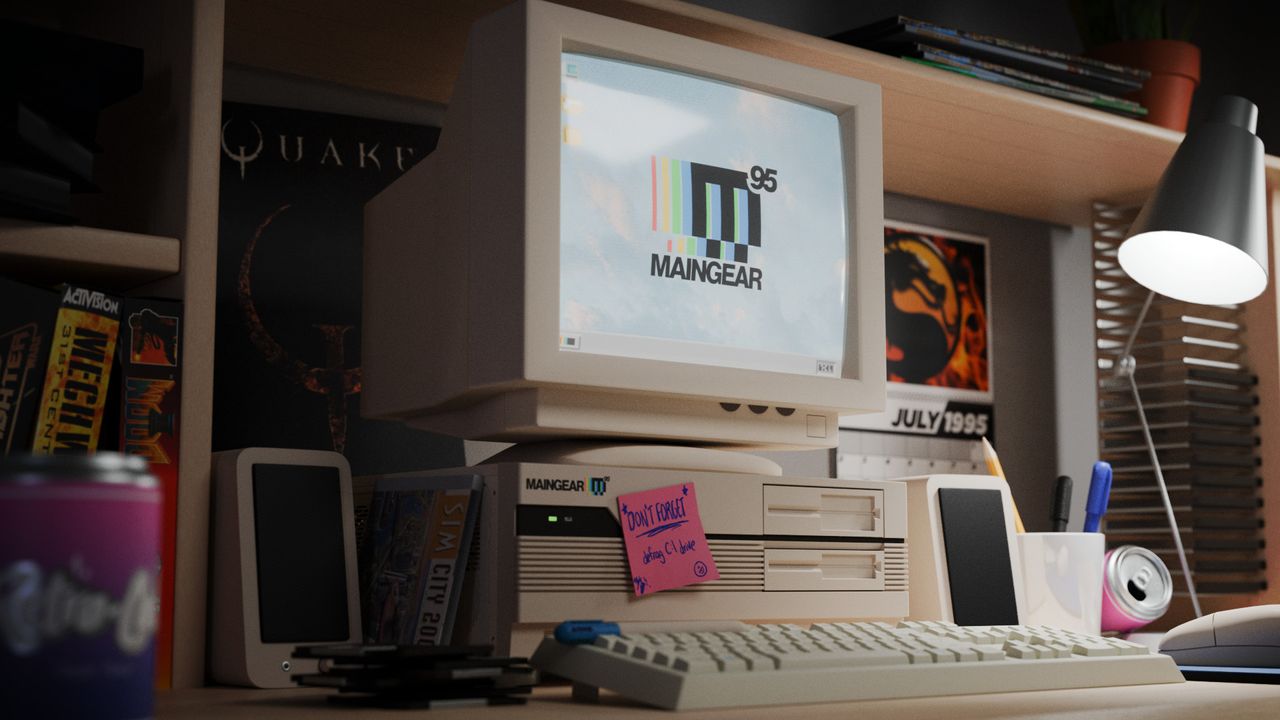Netflix: Every Movie and TV Show Coming in August 2025

In August, Netflix’s schedule is headlined by the return of one of their most popular TV shows. The Jenna Ortega-led “Wednesday,” a spinoff from the Addams Family, will debut the first half of its second season on August 6th.








